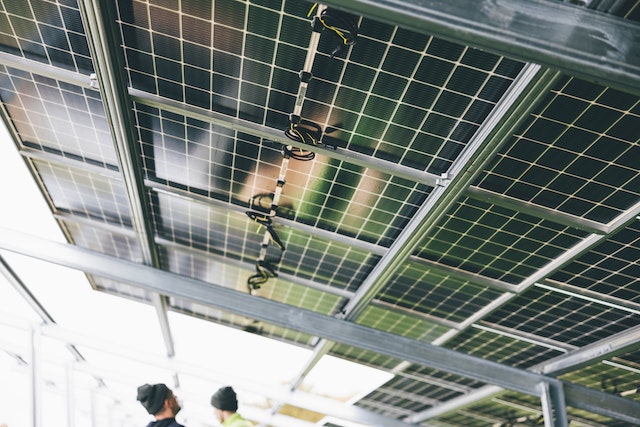
Photovoltaic (PV) wire is an essential part of all solar panel installations. Also known as solar wire, it’s used to connect the individual solar panels together. You can connect solar panels using either a series or parallel configuration, but you’ll need to use PV wire. PV wire will allow electricity to transfer between the solar panels. What should you look for when choosing PV wire exactly?
#1) Conductor Type
You should consider the conductor type when choosing PV wire. Different types of PV wire feature different conductor materials. The conductor is the inner core. All PV wire has a single conductor, but the material from which the conductor is made may vary. There’s copper PV wire, and there’s aluminum PV wire. Copper PV wire features a copper conductor, whereas aluminum PV wire features an aluminum conductor.
#2) Thickness
Some types of PV wire are thicker than others. You can refer to the gauge of PV wire to determine its thickness. American Wire Gauge (AWG), for instance, represents the thickness of a given wire. The two most common AWG sizes for PV wire include 10 and 12, but you can also find PV wire in AWG 4, AWG 6, AWG 8 and more.
#3) Temperature Ratings
Don’t forget to consider temperature ratings when choosing PV wire. Whether you are planning to install them on the ground or the roof of your home or business, the solar panels will be exposed to the elements. During the winter, they may be exposed to subfreezing temperatures. During the summer, they may be exposed to scorching-hot temperatures. Fortunately, PV wire is often rated to withstand extreme temperatures.
#4) Voltage
You can’t choose the right PV wire without considering the voltage. The voltage of PV wire will determine the solar panels with which it can be used. When installing solar panels, you’ll need to use PV wire with the same voltage.
#5) Chemical Resistance
You may want to choose PV wire that’s resistant to chemicals. Chemical-resistant PV wire is designed to withstand the harsh outdoor environments without succumbing to damage. Even when exposed to oil, grease or other common chemicals, it won’t degrade. With its chemical-resistant properties, it will last a long time — all while keeping your solar panel installation up and running.
#6) Length
The length is something else to consider when choosing PV wire. Excessively long PV wire may suffer from a voltage drop. You can still run PV wire 50 to 100 feet, but you should be conscious of the total length of any given piece of PV wire.

